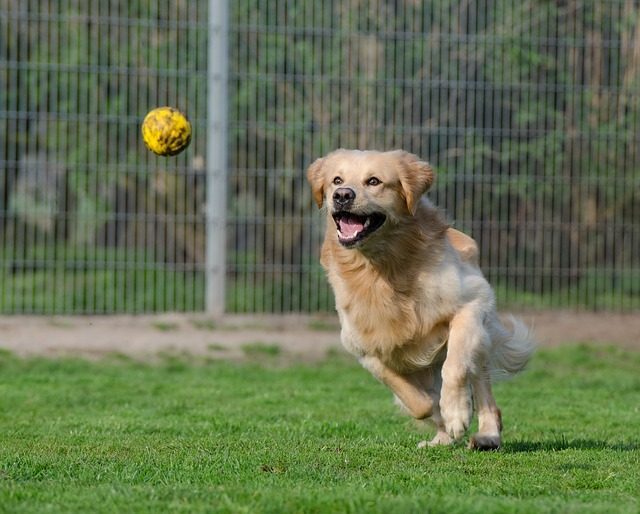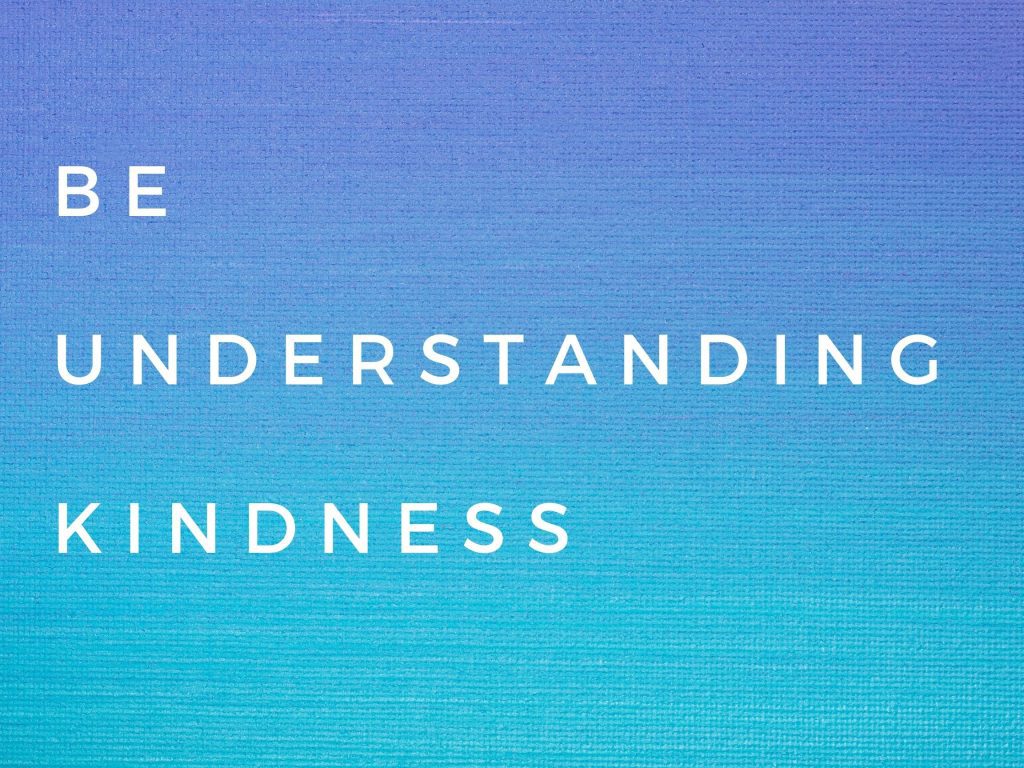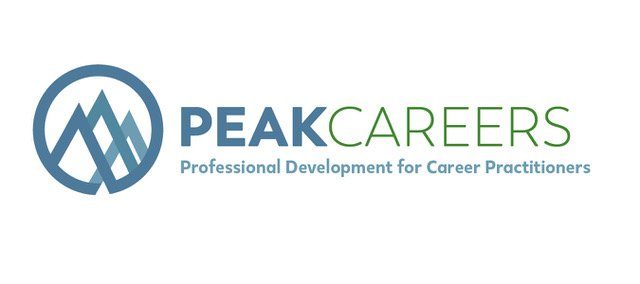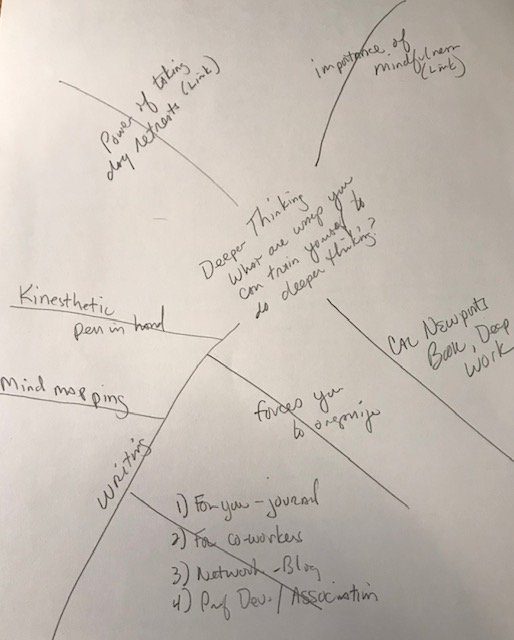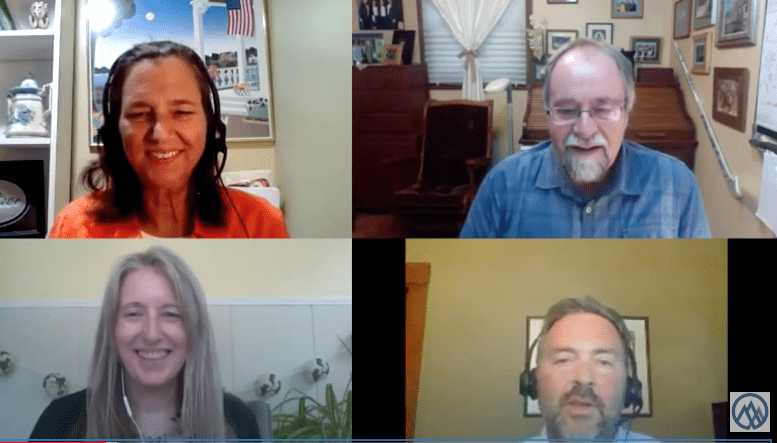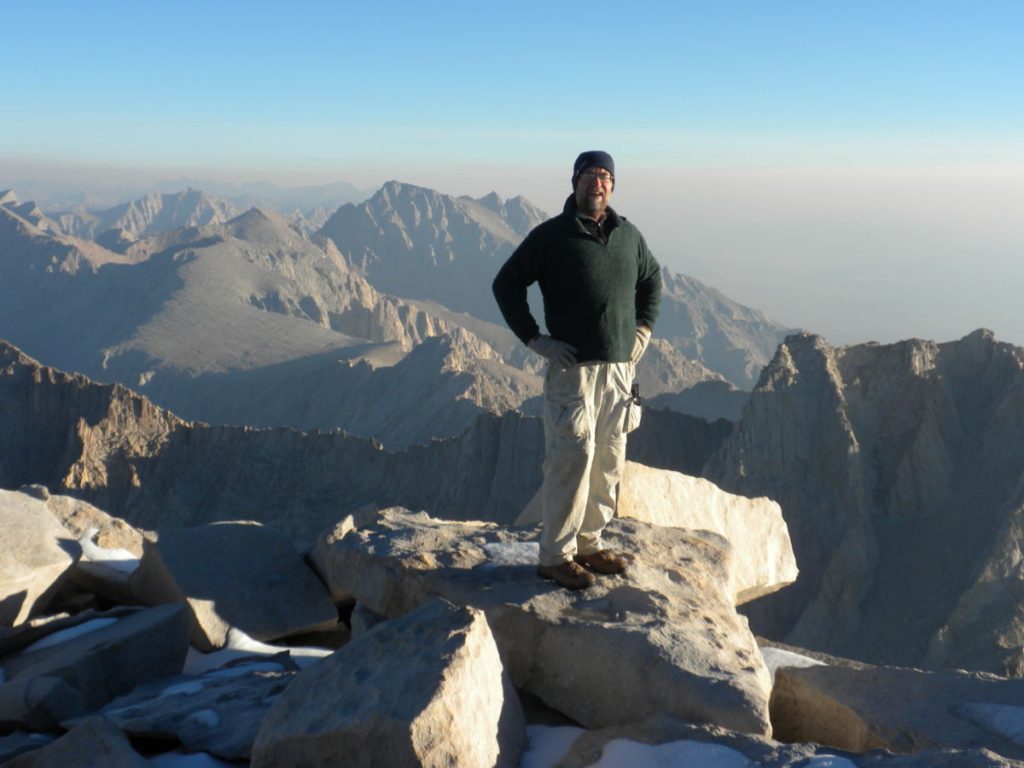My biggest mistakes have come when I am in a hurry. As an ENFP (Myers-My biggest mistakes have come when I am in a hurry. As an ENFP (Myers-Briggs definition is a golden retriever in a room with 5 tennis balls) I have had a lifetime of “open mouth, insert foot” episodes. What I have learned is that I need to slow down. It seems to me that the holidays are a great time for us all to remember to slow down and here are my tips to help you get started.
There is a part of me that always feels like I can do more. When I was a high school counselor I felt that seeing more students was the way to do my job. But eventually I figured out that I had to block out an hour of my calendar for no students. By slowing down the flow of students, I was able to take better control of my day.
Slow Down Tip #1
Look at your day and make sure you are taking time to slow down and take care of yourself so that you can serve others more effectively.
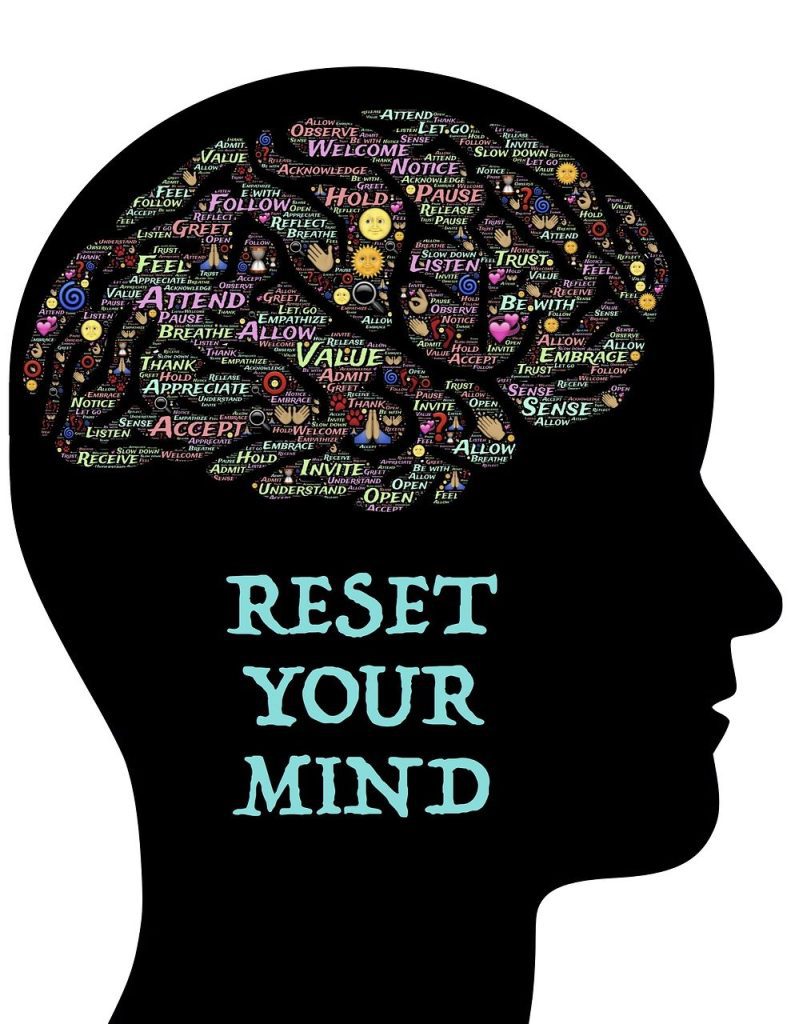
Slowing down is more than just time management, it is about self-care. I’ve written about and interviewed people on mindfulness many times, so I won’t spend a lot of time on it today. Just know that 10-15 minute breaks can refuel your mind and body allowing you to provide better service to everyone you meet.
Slow Down Tip #2
Set a timer if you have to, or block out some time in your day to stop and take 4 deep breaths, or listen to a guided mindfulness app like Calm or Insight Timer. Need some wonderful calming music? Check out this YouTube channel. https://www.youtube.com/watch?v=yfYjEkaN-1s
I try to take a daylong tech-free retreat once a month. I know this is not for everyone, but I challenge you to embrace the idea that turning off your social media feed and phone for even a few hours can be quite freeing. Especially when you realize you didn’t really miss anything too important.
Slow Down Tip #3
Look at your calendar and start by blocking off 2-4 hours of time to turn off social media and your phone, or better yet all your technology. Use this time to read, reflect, plan, meditate, or whatever you want.
With the holiday season upon us, this is a great time to remember to slow down and be calm with yourself. Trust me, you deserve it and will be a better person for it.
Need more proof about slowing down?
Check out these two TedTalks.
What else can you do to slow down?
Note: Featured Image of Giant tortoise by Alexas_Fotos / 21623 images
Jim Peacock is the Principal at Peak-Careers Consulting and writes a weekly email for career practitioners. Peak-Careers offers discussion-based online seminars for career practitioners focused on meeting continuing education needs for CCSP, GCDF and BCC certified professionals as well as workshops for career practitioners and individual career coaching.
He is the author of A Field Guide for Career Practitioners: Helping Your Clients Create Their Next Move and The Adventure of Finding Me in New Zealand. He is also the recipient of the 2020 Kenneth C. Hoyt Award from the National Career Development Association and the Mid-Atlantic Career Counseling Association’s Professional Contribution’s Award in 2020.
Sign up here to receive my TOP 10 TIPS WHEN WORKING WITH AN UNDECIDED PERSON. You will also receive the career practitioner’s weekly email on a variety of career topics, industry news, interesting events, and more.


